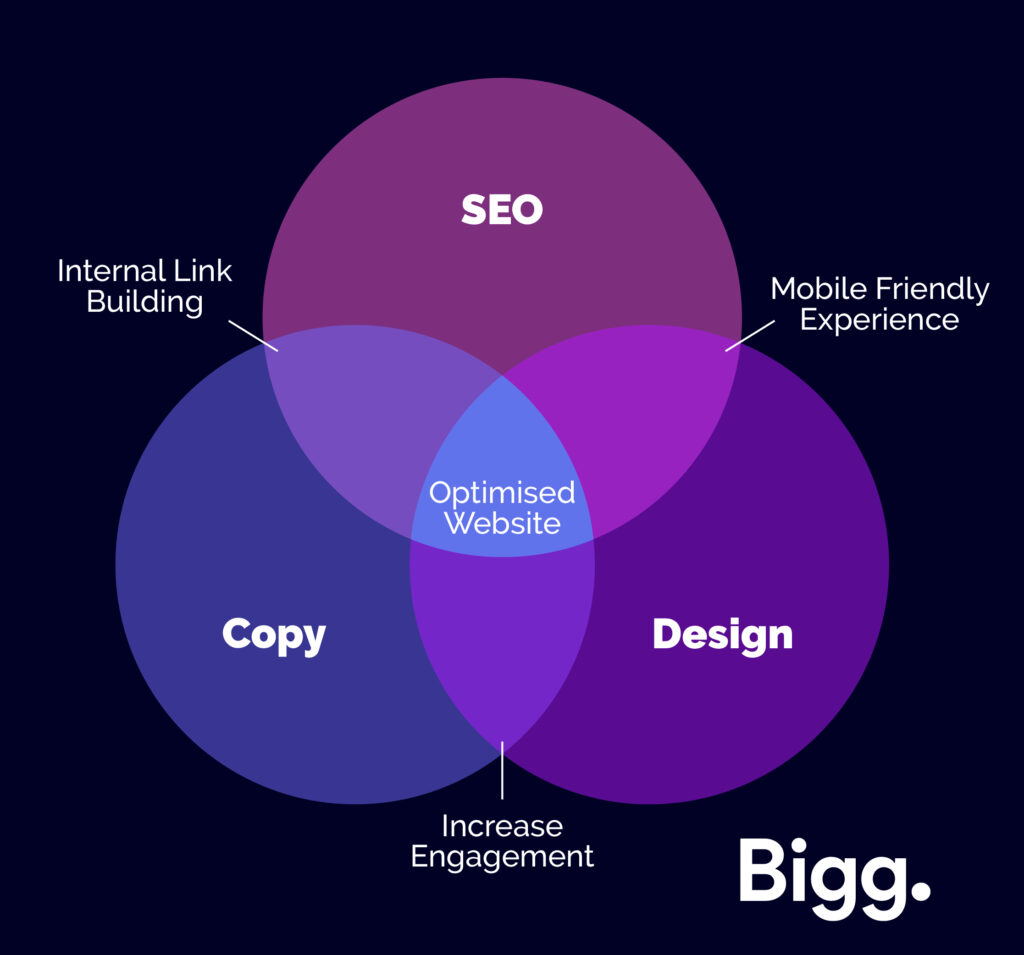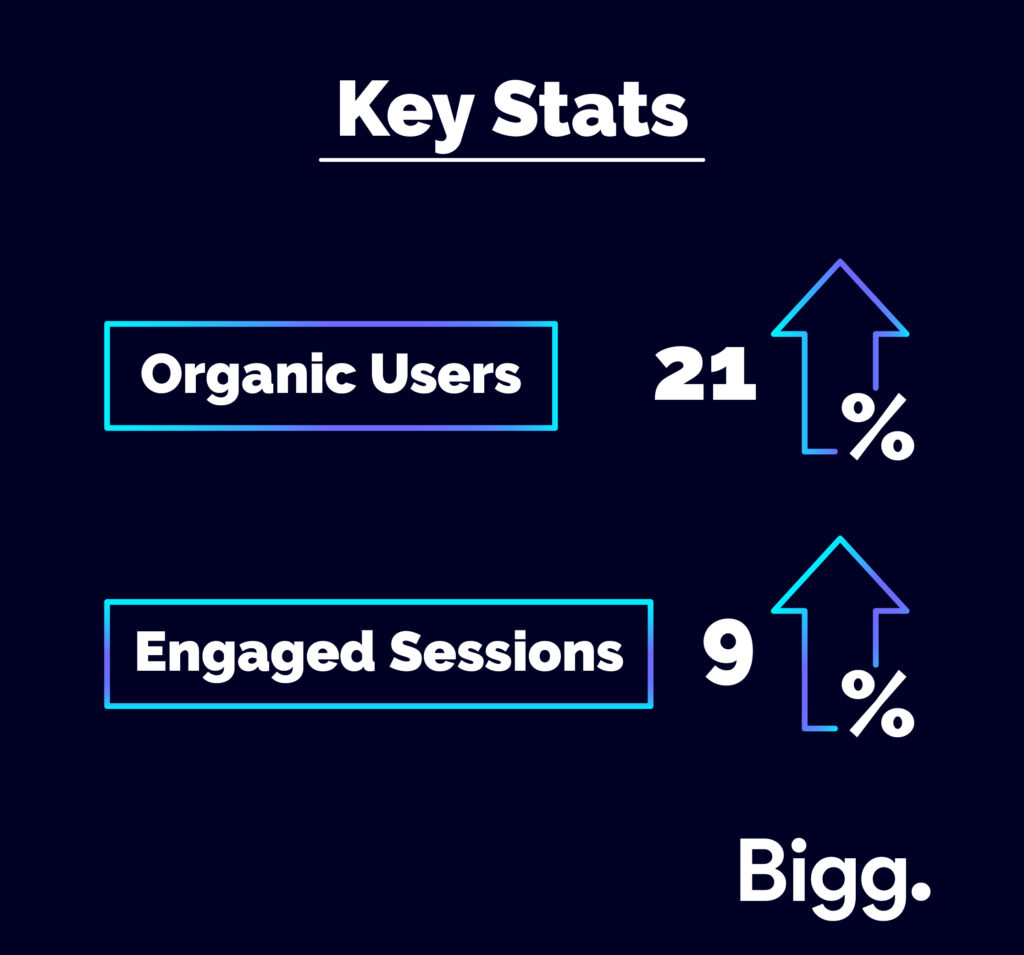Here at Bigg, we’re always excited to work with a new client – not only do we enjoy the prospect of utilising our expertise to show them what we can do, but we also appreciate that they’re putting their trust into our efforts and capabilities.
One client we’ve established a relationship with recently is Superhuman Sports, and it’s fair to say that said relationship has blossomed into something beautiful. With experience working with other clients in the fitness industry, we’re confident that Superhuman Sports has put their trust in the right agency – in fact, the results are already speaking for themselves.
Keep reading as we discuss how we’ve been powering superhuman leads for Superhuman Sports, with an inside look at the strategies and approaches we’ve used on their campaigns to lead to significant growth in a short period of time.
Who is Superhuman Sports?
So, who is Superhuman Sports? Since 2013, Superhuman Sports has been hosting various outdoor fitness racing, adventure sports events, physical challenges and fitness experiences in the UK.
Operating across the South West, they arrange and operate mass participation fitness events that are open to people of all fitness levels, attracting members of the sport-loving community from all over the world to take part.
Their events combine fitness racing, mixed-terrain running, rucking, obstacles and unconventional equipment, with some of their iconic events including:
- Superhuman Games
- X Race Series
- Epic 10Ks Trails
Their Goals
So, why did Superhuman Sports come to us? Whilst they have very much built their own success, when it comes to their website, Superhuman Sports recognised that there were some areas for improvement.
In hopes to improve these, they sought out our expertise to address these areas, allowing us to do what we do best so that they can focus on what they do best: providing fun and challenging fitness events.
After initial consultations with Superhuman Sports, we learned that the main goals they have for their campaign include:
- Optimised web pages
- Improved user experience
- Better analytics results
Let’s break each of these down in more detail.
Optimised Web Pages
One of the key objectives they wanted to achieve with their campaign is to optimise the pages on their existing website. More specifically, they wanted to optimise their site for mobile users, which is incredibly important in today’s digital landscape.
They also wanted to improve their site load speed, which is important for ensuring a positive user experience – leading us on to their next key objective.
Improved UX
Ensuring a positive user experience is fundamental when it comes to designing and building a website for your business. Superhuman Sports wanted to ensure this on their own site.
Specifically, they wanted to ensure a smooth process from users landing on their website to signing up to one of their events.
Better Analytics Results
Analytics are essential for monitoring the performance of your website. Looking at their own site performance, one of the ultimate goals Superhuman Sports aims to achieve in the long run is to reduce bounce rates and increase conversions.
The Game Plan: Our Tactics
After understanding Superhuman Sports’ key goals from their campaign, it was then up to us to come up with appropriate strategies to target and address these, with the aim of delivering tangible results.
So how did we do that? Well, to us, it was undeniable that in order to optimise their site for mobile users and improve the user experience, we needed to target and optimise specific web pages on their site.
As such, we identified three specific pages that not only had potential for improvement but were most likely to organically direct traffic to their sign up page, which would subsequently help to improve conversion rates.

We optimised these pages with three key elements in mind:
- Copy
- Design
- SEO
By optimising the existing copy on these pages, we were able to focus on making exactly what each event offered by Superhuman Sports consists of clearer, so that site visitors have all the information they need to make an informed decision over whether these are suited to them.
Then, to enhance engagement and ensure that people were more likely to read the actual copy on these pages, we implemented new design features to make the pages more eye-catching whilst fitting in with the existing branding.
To further increase the potential for more conversions, – i.e. people signing up for their events – we also focused on creating a brand new sign up page to be included on their site.
Not only does this make the process both clearer and easier for site users, but through the use of internal linking from the optimised pages, this page is much easier for them to organically navigate to and encourages action on their part to actively sign up.
The Outcome: What’s the Score?

With all of the work we put into their campaign, did our strategy actually pay off? We believe it did!
Thanks to our optimisation efforts, Superhuman Sports saw a 21% increase in organic users, along with a 9% increase in engaged sessions. Considering we only completed this work for them between March and April, these are very promising results for their campaign!
If we look even more specifically, it’s evident to us that their X Race Series page, which showcases all the upcoming events of their popular X Race Series fitness and endurance challenge, has proven to be especially popular with site visitors. This is clear by looking at their average engagement time, which has gone up from seven seconds to 32 seconds.
The Finish Line
It’s fair to say that we’ve fostered a positive relationship with Superhuman Sports, just as we’ve delivered positive results for their campaign.
Looking to see the same promising results for your own business? Work with our digital marketing experts here at Bigg. With specialists in all areas of digital marketing, from content writing to SEO, you can rest assured that we’ll deliver a targeted strategy personalised to your business goals.
Get in touch with us today to book your initial consultation call.

